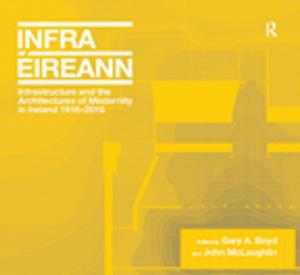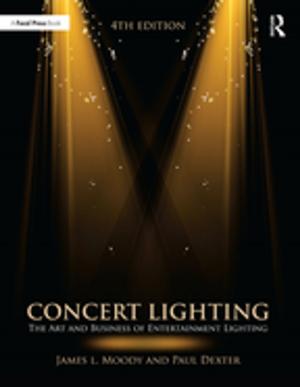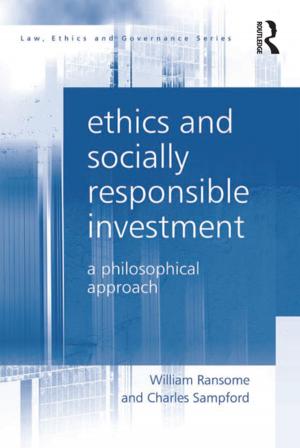An Apocryphal Dictionary of Psychoanalysis
Nonfiction, Health & Well Being, Psychology, Psychoanalysis, Mental Health| Author: | Giuseppe Civitarese | ISBN: | 9780429632037 |
| Publisher: | Taylor and Francis | Publication: | March 15, 2019 |
| Imprint: | Routledge | Language: | English |
| Author: | Giuseppe Civitarese |
| ISBN: | 9780429632037 |
| Publisher: | Taylor and Francis |
| Publication: | March 15, 2019 |
| Imprint: | Routledge |
| Language: | English |
An Apocryphal Dictionary of Psychoanalysis is a book of transpositions, collecting together the author’s clinical vignettes, enigmatic objects, stray thoughts, projects, images, notes from readings, and musings; but also remarks on films and exhibitions, memories, episodes from daily life, summaries of papers to write, questions, doubts and obsessions - all of which have shaped the author’s understanding of psychoanalysis.
Born from moments in which the author has sensed a solution for problems encountered in daily work or for obscure but exciting points of the theory, the entries are ordered in an apocryphal manner, offering a personal and challenging view of psychoanalysis. Like small epiphanies in which there is always an emotion - be it that of amusement, astonishment, gratitude, sadness, joy – they express the style of the analyst and of the person in treating mental suffering and give a glimpse into the imaginary which nurtures it. Ideas for psychoanalysis are outlined where at centre stage is the ability to wait, to be surprised; to operate from the place of the unconscious, which by definition is a place of negativity, and to exercise a form of soft scepticism – ultimately, a mode of hospitality.
An Apocryphal Dictionary of Psychoanalysis will be of great use to psychoanalysts and psychoanalytic psychotherapists.
An Apocryphal Dictionary of Psychoanalysis is a book of transpositions, collecting together the author’s clinical vignettes, enigmatic objects, stray thoughts, projects, images, notes from readings, and musings; but also remarks on films and exhibitions, memories, episodes from daily life, summaries of papers to write, questions, doubts and obsessions - all of which have shaped the author’s understanding of psychoanalysis.
Born from moments in which the author has sensed a solution for problems encountered in daily work or for obscure but exciting points of the theory, the entries are ordered in an apocryphal manner, offering a personal and challenging view of psychoanalysis. Like small epiphanies in which there is always an emotion - be it that of amusement, astonishment, gratitude, sadness, joy – they express the style of the analyst and of the person in treating mental suffering and give a glimpse into the imaginary which nurtures it. Ideas for psychoanalysis are outlined where at centre stage is the ability to wait, to be surprised; to operate from the place of the unconscious, which by definition is a place of negativity, and to exercise a form of soft scepticism – ultimately, a mode of hospitality.
An Apocryphal Dictionary of Psychoanalysis will be of great use to psychoanalysts and psychoanalytic psychotherapists.















